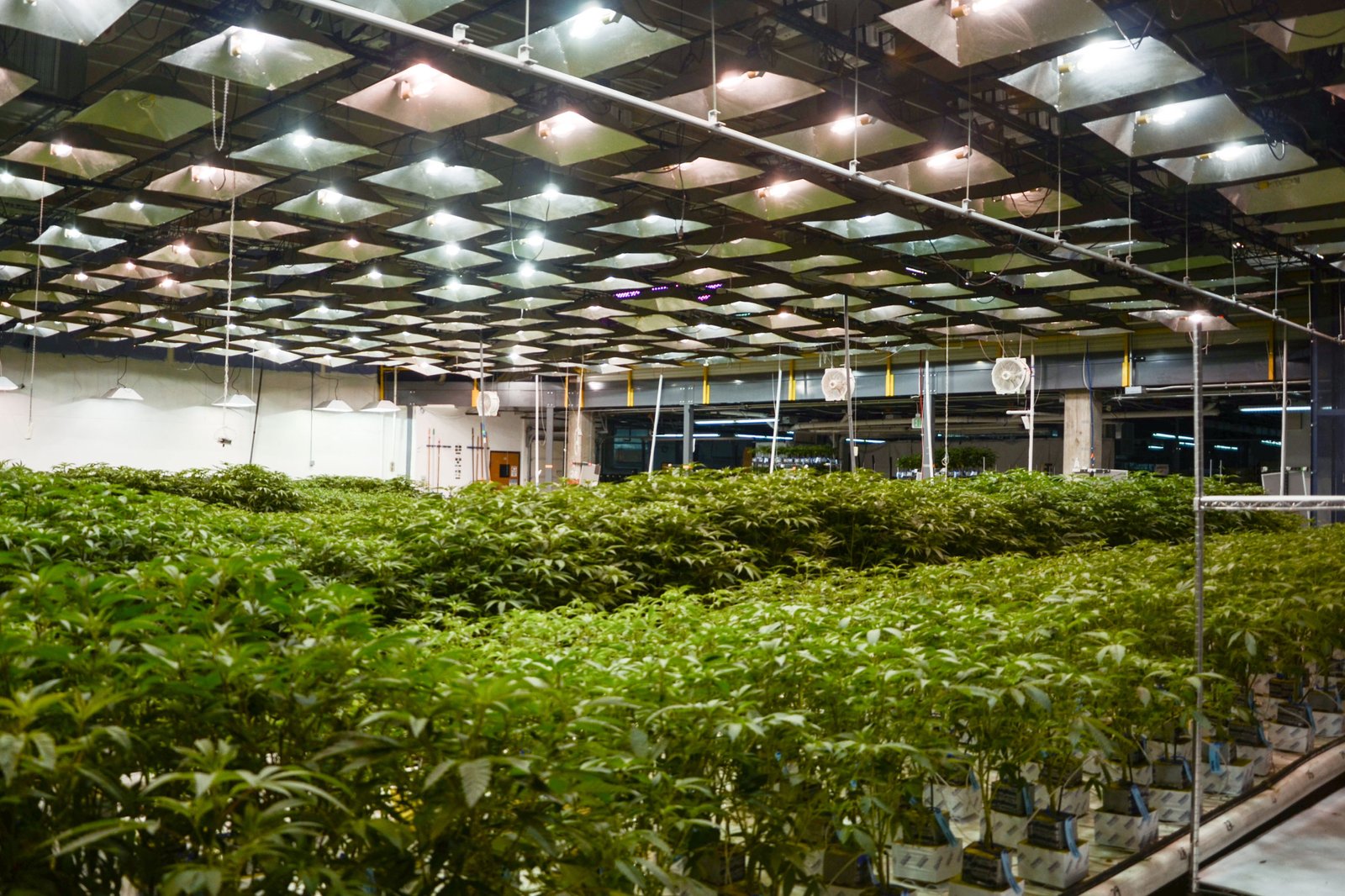Nearly two weeks after Michigan lawmakers took up legislation instituting a 24 percent tax on wholesale marijuana, members of the Senate Regulatory Affairs committee heard testimony on multiple bills which committee chair Jeremy Moss (D-Bloomfield Township) said were aimed at reducing the regulatory burden on the cannabis industry.
Up for consideration last Wednesday were two packages of bills, one limiting the number of licenses for marijuana retailers and provisioning centers, and another aiming to address the sale of unregulated intoxicating hemp products, though Moss noted there would be additional meetings on the bills in the future.
Sen. Sam Singh (D-East Lansing) explained that the first package, Senate Bills 597 and 598, would cap licensing for marijuana retailers and licensing for wholesalers to one license per 10,000 residents in a municipality beginning Jan. 1, 2026, similar to how the state regulates liquor sales.
Communities with fewer than 10,000 residents would always have at least one license, Singh said.
Additionally, the bills allow current license holders to renew their licenses or transfer them to another individual.
The second set, Senate Bills 599–602, would create a regulatory framework for consumable hemp products in Michigan, Sen. Dayna Polehanki (D-Livonia) explained, noting that intoxicating products made from hemp, including Delta-8 and other synthesized cannabinoids are being sold in Michigan gas stations, convenience stores, and online without oversight or testing.
Both proposals received support from the Cannabis Regulatory Agency – which regulates Michigan’s adult-use cannabis industry – as well as several members of the state’s cannabis industry.
Derek Sova, a policy and legislative specialist for the agency, said one of the challenges the agency is presently facing is that of marijuana versus hemp, when the conversation should be on whether a substance is intoxicating or non-intoxicating.
Conventionally the understanding is that hemp is a crop or a textile, Sova explained, with both Michigan and the federal government’s definition of hemp and marijuana allowing for the unregulated sale of products with large amounts of THC – the component in marijuana that is primarily responsible for its intoxicating effect.
“Because of the way the definition is, they are considered hemp, and because of that, they are not age-gated. There’s not a requirement for testing, like there is in Michigan with marijuana products. There are not restrictions on labeling,” Sova said.
Alongside setting up a regulatory framework for non-intoxicating consumable hemp products, like CBD-infused gummies, and intoxicating hemp products, Sova noted the bill package would deregulate the sale of nonconsumable hemp, which is used to make textiles and building materials.
“Right now, under the current law, you have to get a license to make that, license to sell that. In our opinion, that doesn’t seem like it’s something that needs to be regulated,” Sova said.
Robin Schneider, executive director of the Michigan Cannabis Industry Association offered her support for capping licensing of marijuana provisioners and retailers, noting that unlimited licenses for marijuana cultivation has led to an oversupply, causing a drop in wholesale prices and bringing harm to businesses all the way down the supply chain.
Additionally, the proliferation of retail spaces has led to public nuisance concerns, traffic issues and complaints from communities, Schneider said.
“Our members are asking this committee to assist our industry in creating market stability and thoughtful and collaborative industry planning moving forward, so that at the very least they can make business decisions based on projections that include predictability,” Schneider said.
The association also supported regulating intoxicating hemp products, noting that these products are being shipped into Michigan from out of state, and are not produced by Michigan hemp farmers.
“Not only have our hemp farmers been left out and harmed in many ways, but current law does not even allow them to manufacture CBD-only consumable hemp products in Michigan,” Schneider said.
Kyleigh Cumming, the lab director for Kairos Labs, a cannabis testing lab, told committee members that the 2018 farm bill which defined hemp created a loophole that allowed for the conversion of CBD into compounds similar to THC.
“These conversion processes create many dangerous and unknown byproducts along the way, while also allowing products created to be marked as hemp-derived and sold in Michigan as unregulated, intoxicating vapes,” Cumming said.
In a study of 15 vape products purchased in multiple Southeast Michigan communities, Cumming said the products had no lab testing results or traceability, and when acquiring the products, nobody asked for an ID to check for age. When the products were tested, the lab found 15 contaminants, and all 15 samples detected THC levels above the .3% level set by the federal government.
While offering support for additional regulations on hemp products, Kimberly James, the director of cannabis affairs for the City of Detroit called for more teeth in the bill to allow local governments to take action when intoxicating hemp products are being sold at unlicensed locations.
Read the rest of the story at Michigan Advance







